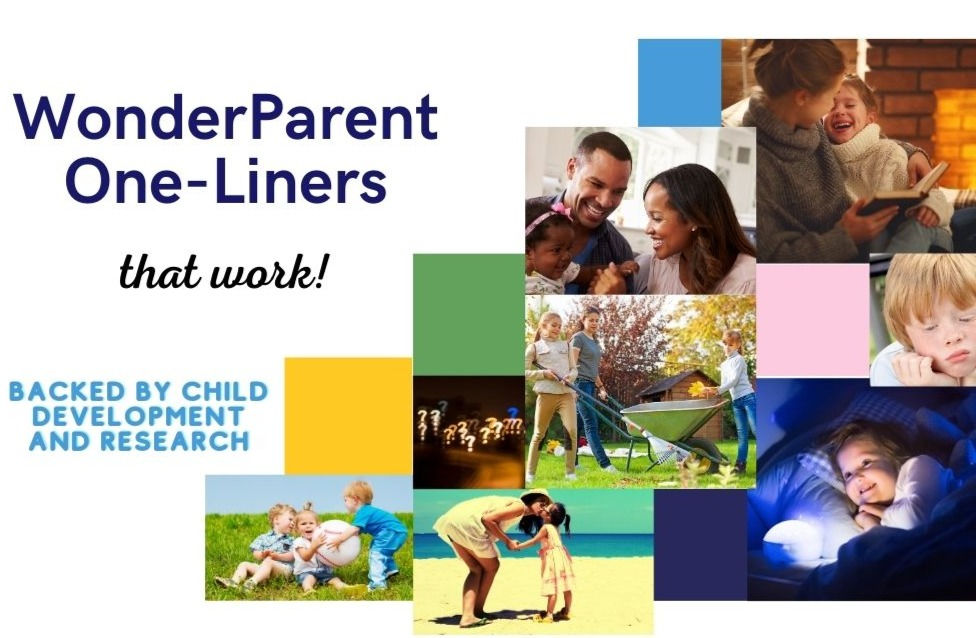Problem Solving For Tired Parents
- Nanci J Bradley
- Sep 5, 2021
- 3 min read

Let's admit it now. Problem-solving with very young children doesn't always work. Like at the end of the birthday party, or the beginning of a head cold. Or both.

Teaching kids to solve problems on their own doesn't have to be hard. And it has tons of advantages in the long run. But it does include a lot of restraint on the part of the average parent. Try doing it the way childcare teachers do. Resist the urge to run to their rescue. Take your time. This holds nothing but advantages for both parent and child unless they're in real physical danger (or fighting and yelling). It also helps your kids learn to be more patient.

I talked a lot about non-violent communication in lesson 3. If you haven't read that yet, you might want to take a look. Here's my condensed version of problem-solving 101 for tired and frustrated parents. When a child asks you for help and you wish they’d try and figure it out themselves, instead of saying no or dropping what you're doing to run and help, say this:

OK, I'll help you with that puzzle (or that shoe) as soon as I'm done emptying the dishwasher (or changing baby's diaper) or whatever. It should take me about 5 minutes and then I’ll be there. Ignore any whining and follow through with what you said you'd do, no more and no less. This works because kids feel supported and you stay assertive. You claim your own feelings by saying, "I need time", using an "I" message to your best advantage. Your kids may figure it before you get over to help. Then you both win! Because I care for so many small children all at once, I’m pretty much always busy but if not, I improvise. There's a book display that always needs re-arranging and I'm not afraid to take the time to do it. That is if and when I feel the child may be better off without my help in this particular instance.

This simple method works to buy a lot more time in the long run. They get used to trying things on their own before asking for help from you. It does require persistence as well as an even, steady tone of voice but once you get the hang of it you'll love the effect it has on your kids. Learning to solve their own individual problems will set them up for learning to solve problems with other children, too. Let's stay connected! You can become a part of our community for free. We'd love to get to know you better!

If you want ideas for the exact right things to say to create a peaceful environment with young children, you'll get my slideshow, How To Get Your Kids To Listen Without Yelling or Time-Outs immediately after you join us.

Nanci J Bradley is an early childhood and family educator, author, teacher, SELF-care facilitator, family aerobics instructor, and an all-around fun-loving person. She believes in the power of sleep, healthy eating, lifelong learning, and most of all, PLAY! She studied early childhood ed at Triton College and received her BS in education in 1986 from NIU. She received her MA in human development from Pacific Oaks College in 2011. She lives and teaches in Madison WI.








Comments